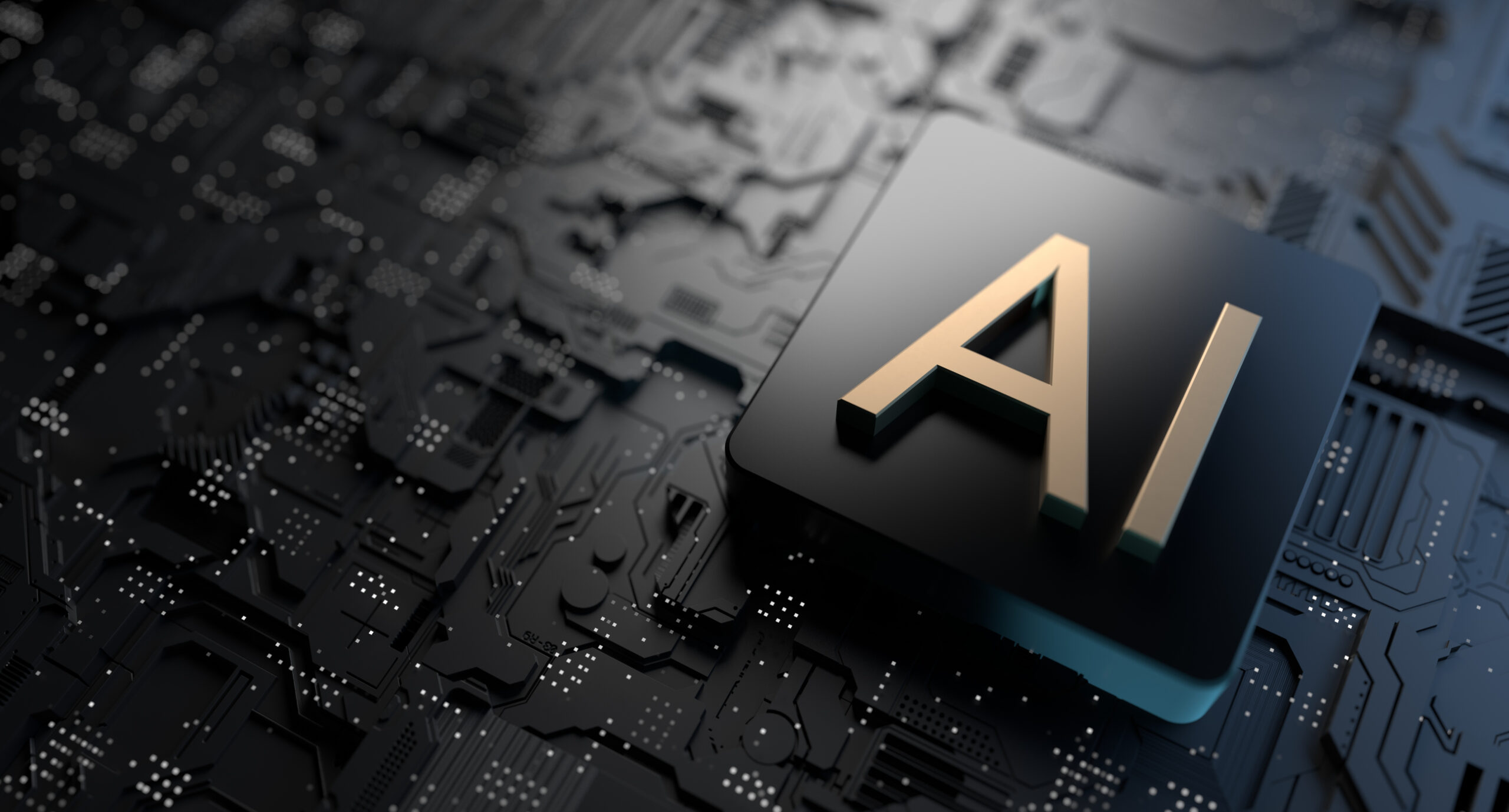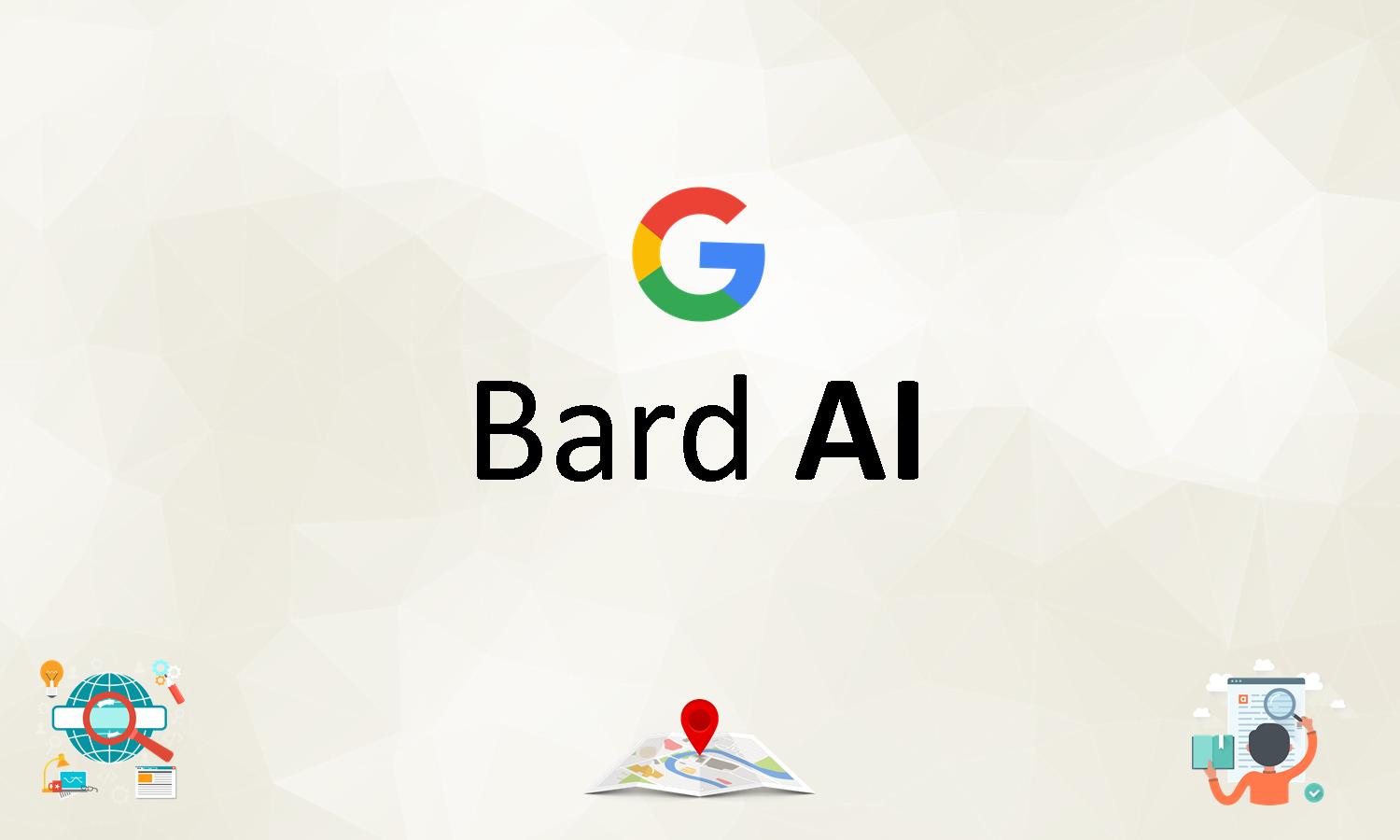The Future of AI: What Lies Ahead?
Artificial Intelligence (AI) has already become an integral part of our daily lives, influencing industries like healthcare, finance, education, and even entertainment. With the rapid pace of technological advancements, the future of AI promises even more revolutionary developments. Let’s explore what the future of Artificial Intelligence may hold and how it could reshape the world.
1. AI-Powered Automation Across Industries
Automation is one of Artificial Intelligence‘s most significant contributions to the workforce. In the future, Artificial Intelligence-driven automation will expand beyond repetitive tasks to more complex, decision-based roles. This could revolutionize industries such as:
- Manufacturing: Artificial Intelligence-powered robots could manage entire production lines autonomously.
- Healthcare: Artificial Intelligence could assist in diagnosing diseases, performing surgeries with precision, and even personalizing treatment plans.
- Transportation: Self-driving cars and Artificial Intelligence-powered traffic management systems could redefine how we travel.
Increased automation will enhance efficiency, reduce human error, and cut costs across industries, but it will also require a new wave of reskilling for workers displaced by these technologies.
2. AI-Enhanced Personalization
Artificial Intelligence‘s ability to analyze vast amounts of data in real-time is unlocking new levels of personalization. Whether it’s content recommendations, shopping experiences, or even healthcare, Artificial Intelligence will enable products and services to become more tailored to individual needs. Future AI systems could:
- Create custom learning paths in education to suit each student’s pace and style.
- Provide personalized medical advice based on a person’s unique genetic makeup.
- Design bespoke marketing strategies that adapt to user preferences in real-time.
This deep personalization will allow businesses to offer more relevant and engaging experiences for consumers, improving customer satisfaction and loyalty.
3. The Rise of Artificial Intelligence Companions
The future may see the growth of Artificial Intelligence-powered companions—virtual assistants that go beyond simple commands to interact more naturally with humans. These digital companions could be used for companionship, mental health support, and even caregiving for the elderly. We’re already seeing early examples with chatbots and voice assistants, but the future will likely bring more sophisticated, emotionally intelligent Artificial Intelligence that can form meaningful relationships with users.
4. Ethics and Artificial Intelligence Governance
With great power comes great responsibility. As Artificial Intelligence becomes more powerful and autonomous, concerns about its ethical use, privacy implications, and potential bias will grow. Future advancements will require robust governance systems to regulate the use of Artificial Intelligence and ensure it’s deployed responsibly. Important issues to address include:
- Data privacy: AI’s dependence on data raises concerns about how personal information is collected and used.
- Bias in algorithms: Ensuring Artificial Intelligence systems are free from bias to prevent discrimination in areas like hiring, law enforcement, and healthcare.
- Accountability: As Artificial Intelligence systems make more decisions, defining accountability will become a key concern, especially in critical fields like law, finance, and medicine.
Governments and global organizations will need to collaborate to establish clear ethical guidelines and regulations to govern AI’s development.
5. Artificial Intelligence-Driven Creativity
While traditionally viewed as a tool for automating routine tasks, Artificial Intelligence is increasingly breaking into the creative space. AI-powered platforms can already compose music, generate visual art, and write entire books. In the future, AI might become an integral partner in the creative process, collaborating with human creators to push the boundaries of art, music, literature, and design.
However, this raises important questions about intellectual property and the value of human creativity. Who owns a piece of art created by an Artificial Intelligence? How will AI-generated work affect human artists and writers?
6. Artificial Intelligence and Human Augmentation
The fusion of Artificial Intelligence with human capabilities will likely lead to unprecedented levels of human augmentation. Artificial Intelligence-powered exoskeletons could assist workers in physically demanding jobs or help individuals with disabilities gain greater mobility. In healthcare, Artificial Intelligence may work alongside advanced prosthetics, enabling individuals to perform actions beyond natural human abilities. The future of Artificial Intelligence may not only replace certain jobs but also enhance human potential in ways we’ve never seen before.
7. The Role of AI in Tackling Global Challenges
Artificial Intelligence will play a vital role in addressing some of the world’s most pressing challenges, including climate change, poverty, and disease. For example:
- Artificial Intelligence can optimize energy use in cities and buildings to reduce carbon emissions.
- It can analyze data to predict natural disasters and plan better responses.
- Artificial Intelligence-driven research can accelerate breakthroughs in medical treatments and vaccines.
By leveraging Artificial Intelligence, humanity could find innovative solutions to global problems that seem insurmountable today.
Conclusion: A Future Driven by Artificial Intelligence
The future of Artificial Intelligence holds immense potential, transforming industries, enhancing personalization, and addressing global challenges. However, this power also requires careful governance to ensure Artificial Intelligence is developed and deployed ethically and responsibly. As we move forward, the key will be finding the balance between harnessing Artificial Intelligence’s benefits while addressing its risks.
Artificial Intelligence will undoubtedly be one of the most defining technologies of the coming decades, shaping the future in ways we’re only beginning to imagine. Whether it leads to a utopia of human-Artificial Intelligence collaboration or creates new challenges, one thing is certain: Artificial Intelligence is here to stay, and its future is both exciting and complex.
Share this content:



